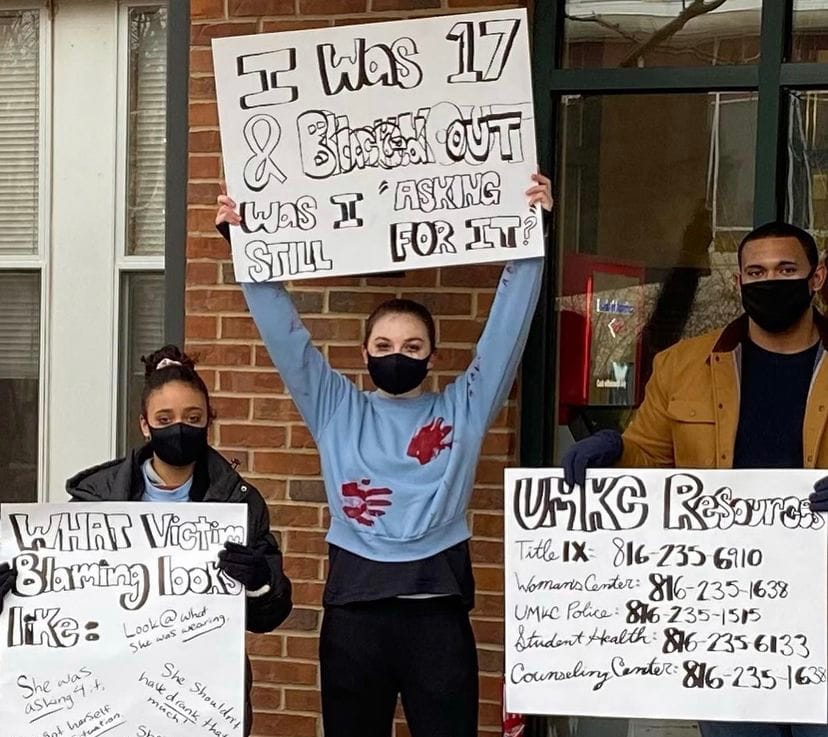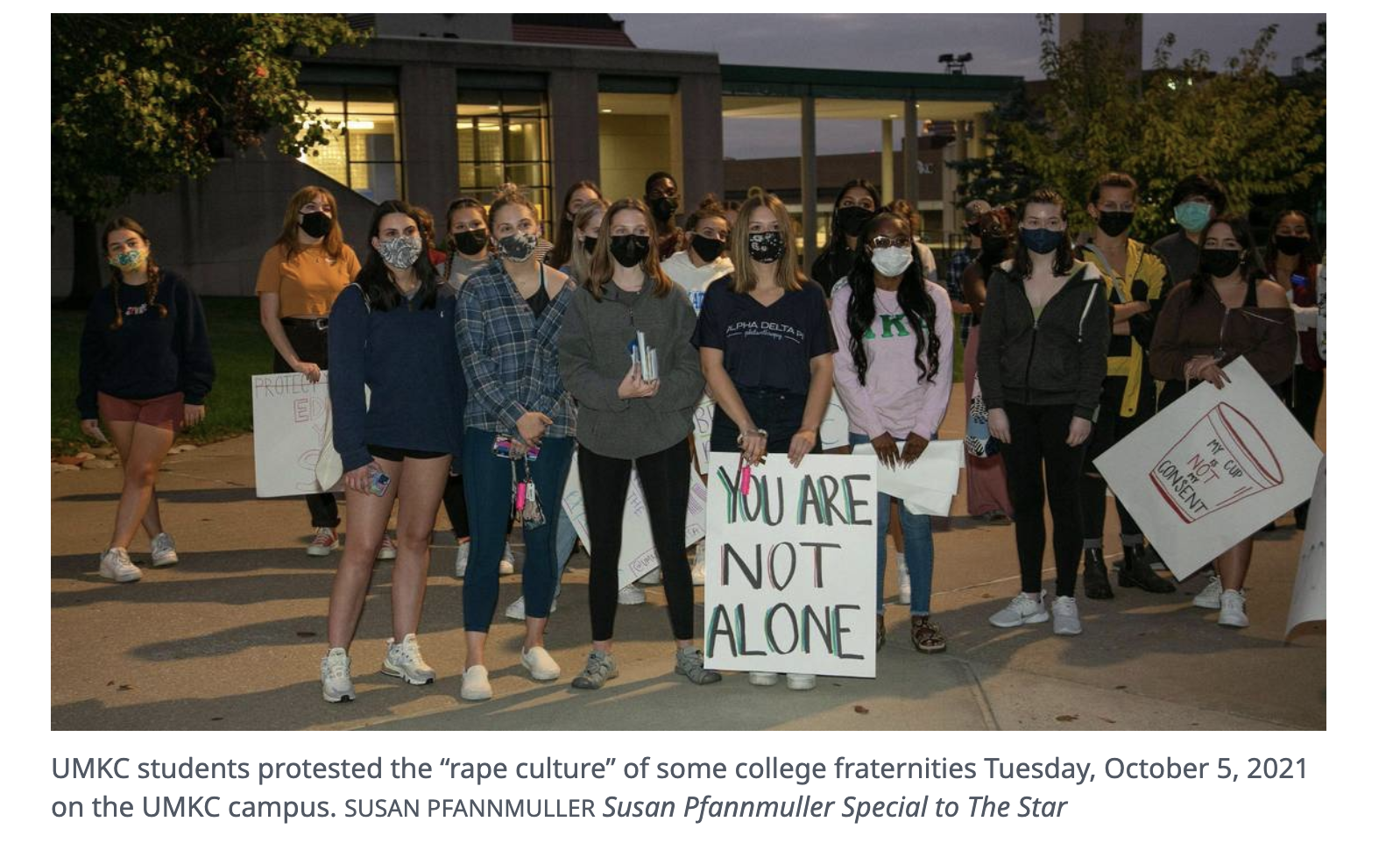How I Organized Protests to Raise SA Awareness

Over the years, I've organized and held protests in multiple counties to aid survivors. Through trial and error, I've learned what steps need to be taken to hold a successful protest/demonstration.
There are so many types of SA Awareness Demonstrations that can be created, I have participated in rape culture protests, political protests, and denim day protests to support survivors of sexual assault. In this newsletter, I want to give you the tools and resources to hold your demonstration or protest in whatever capacity is needed.

Below I am going to list the steps I took to get started:
- Figuring out the message- What exactly are you protesting for? Create a list of desired outcomes from your demonstration to determine what is most important for the audience to gain.
- Creating posters and pamphlets- I held get-togethers with those interested in helping out with my causes where we created materials for the protest.
- Create awareness of the event- Create a social media account for the event, make hashtags, post as much as possible, and put up fliers anywhere that's relevant or in the area of the demonstration. Preferably have a QR code so people can easily access more information on the event, you can also make a chang.org petition and have the information on that website to grow more awareness.
- Chants- Decide on chants and obtain a speaker or megaphone so your message is heard loud and clear, this will also attract attention and more of an audience.
- Merchandise- If you have the means, create low-budget merch that ties into your message. I recommend doing this because following the protest your message will still be spread by those who attended.
- Contact media outlets- Do a deep dive internet search for local newscasters in the area, and message them through whatever platform they list. I often use Facebook Messenger and if your protest is on a college campus also share the event information with campus news and try to get them involved. Once you make contact with media outlets explain the message and ask them to cover the protest as a news story.
- Reach out- Contact support groups in the area relating to your cause or activist groups. If you're doing a protest on or near a college campus reach out to campus clubs, sororities, and fraternities. It's also effective to discuss with professors who work in women's studies, social work, psychology, or criminal justice and see if they can send out an announcement to their students and even give extra credit to those who attend your event. I also recommend reaching out to advocates in the area of your demonstration and asking them to join or share informational posts.
- Do interviews- Before the demonstration or protest try to find potential interviews through news outlets, or podcasts, or create your own. You can create your interview by sending out a questionnaire on your social media and responding to each through YouTube, a live stream, or for news outlets that create publicity. Increasing the number of participants is essential in getting reporters and news outlets to join in on your cause and promote it.
- Utilize support staff- Invite a survivor to come to speak at your event, this will create an emotional pull and move the audience to help make a difference in your community. Research local non-profit groups such as MOCSA, that can have a victim advocate attend the protest and support all the attendees. If you're doing your demonstration on a college campus get the chancellor of the university involved in the movement if possible.
- Self Care- Organizing a demonstration/protest is a lot of work and can be very emotionally and mentally draining especially if it's a topic that you personally can relate to. Remember to take care of yourself while organizing an event and to listen to your body.
